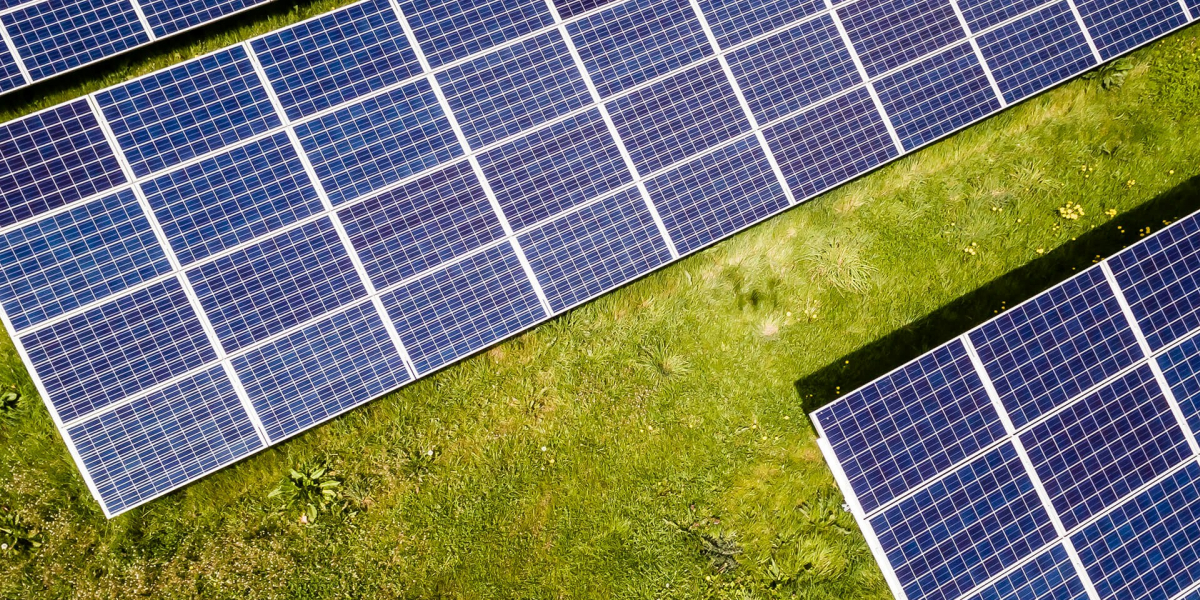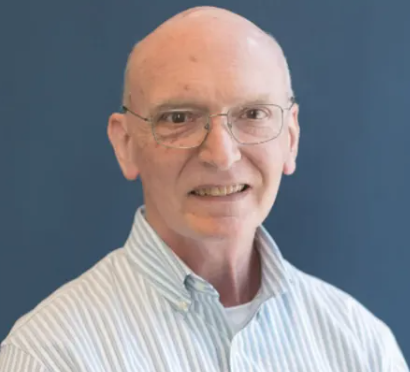
Green.org sat down with Jeffry Peterson, founder of Dev/Hold ERP Systems, to learn how he transitioned from working in community solar to building his own business. Dev/Hold’s goal is to support the drive to global carbon neutral by providing a fully integrated process driven system to the Dev/Hold solar industry.

Jeffry, thank you for being here. Tell us a little bit more about your background.
My goal has always been to own my own business…an entrepreneur from the start! Having been a cook and a restaurant manger for ten years, my first vision was to own a restaurant. The restaurant business was a tough life, so I decided to go back to school to learn business and see what the options where. I excelled in accounting and management theories such as decision making, modelling, Just in Time inventory and Theory of Constraints. So I graduated with an accounting degree and an MBA from Northern Illinois University.
My first job was at Zenith Electronics and I soon. transferred to their newly acquired Personal Computer division (Zenith Data Systems). PC’s were a new thing and MRP the precursor to ERP) was just starting. So I was pioneering at the forefront of business systems technology. Zenith Data Systems grew from six million to over $600 Million in the six years I was there. My next job was at Thomson Industry a privately held industrial company poised for growth. Over the 25 years I was there as a Senior Vice President, we grew from $35MM to over $315MM in the fourteen years I was there.
My role was to integrate acquisitions, develop and implement business systems and to oversee the fifteen business units located across the world. When we sold Thomson Industries, for the next twelve years, I operated a consulting practice focused on “turning around” small to midsized businesses. There were over 100 companies and most of them were manufacturing. The consulting practice, finally led me to Solar. I started off in residential, moved to Commercial and finally found myself in Community Solar.
The start of my Community Solar experience was for a fund that asked me relocate to Denver (a great place to be), fix a struggling Solar Developer using the Develop & Flip model and sell them. We sold the company to a large Private Equity Firm to be used as a platform company and transition it to a Develop & Hold model. I was originally the CFO of the company, but as the transition began, I was the CFO/COO and then as things scaled up, I focused on the COO portion.
The transition took almost two years and I soon learned we needed an ERP system specifically designed to handle the complexities of the Community Solar Industry. There was no such thing, so I teamed up with a software development company and we developed the software I wish we had and the industry needs. My favorite hobby is building wooden boats. Combining my passion for building wooden boats and sustainability, I built a canoe from and old wooden deck I found on the side of the road and three wooden surfboards from and old picnic table. Now the family joke is don’t leave anything wooden in my garage, it may turn into a boat.
What would you do with $1 billion dollars?
My personal scale is Millions, not a Billion. But in the event I had way too much money, I would donate a lot of it. It would go to supporting family shelters. I have donated a lot of time, money and food to family shelters in the past. Support is needed and it is always very well received. I also have a few sustainable businesses I would like to invest in including my own.
Why do you think sustainability is such an important topic today?
Having lived through the “pollution” era when rivers became uninhabitable, entire cities became engulfed in “pollution fog” and there was lead and asbestos everywhere. I have leaned that if we focus and put the resources where they belong, we can solve the problem. The population will continue to grow and it is up to us to take care of the planet.
What do you envision your industry looking like in ten years?
My industry is large scale distributed generation solar. It will continue to grow in size and the technology will continue to get better. Better panels, better inverters and better batteries. A lot of what we do is contingent to the grid being able to handle the distributed loads easily. The transformation to electricity is happening, but we will need a lot of grid capacity to handle the larger loads.